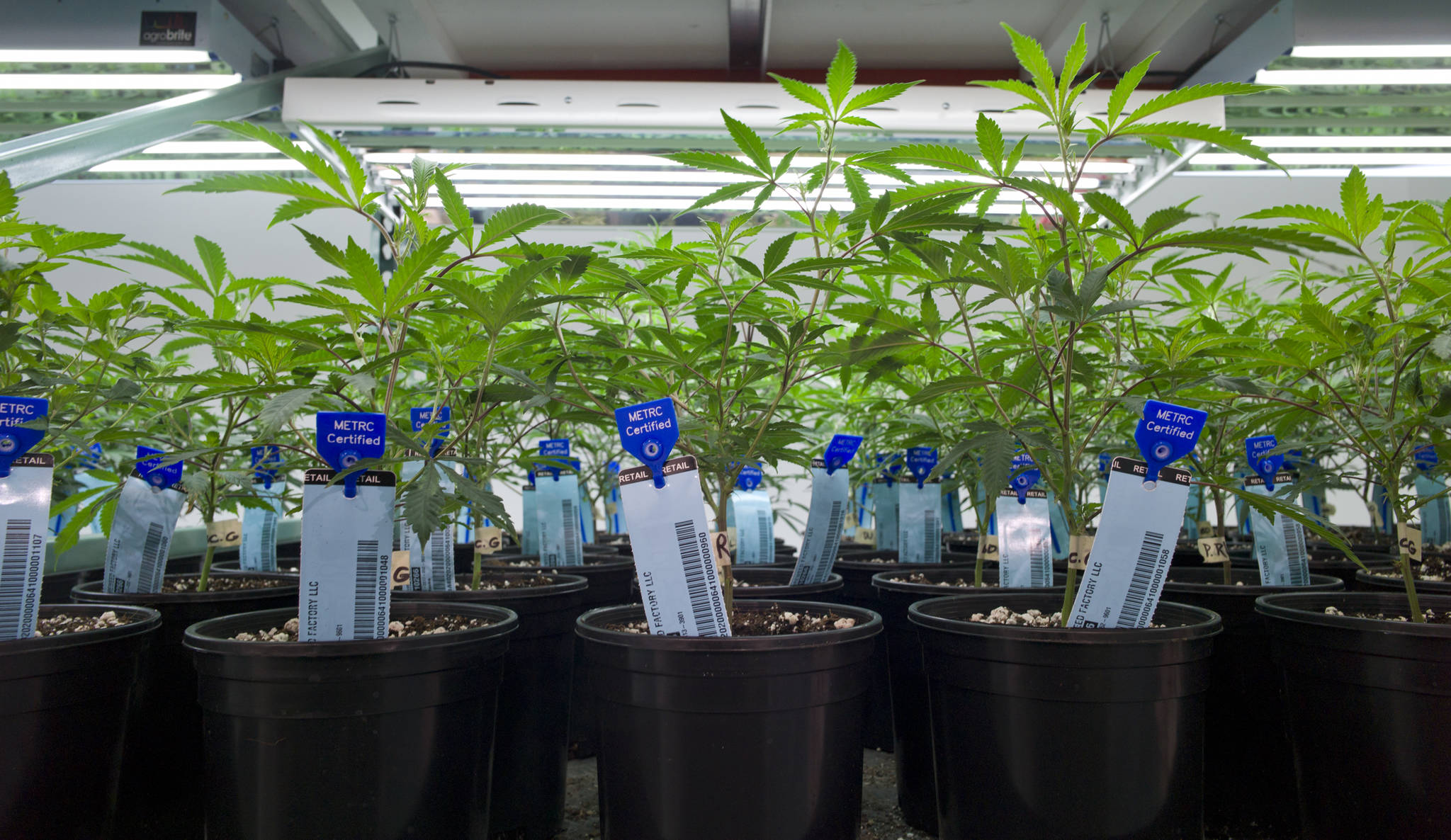Alaska’s March marijuana tax revenue topped $1 million and set a new monthly record, according to figures released last week by the Alaska Department of Revenue.
The news keeps the young industry in line with the state’s official projections for growth.
According to the department’s tax division, Alaska collected $1.090 million in marijuana excise taxes during March. Official collection figures trail the tax payment deadline by one month. Figures for April will be available at the start of June.
The March figure was the most the state has ever collected from marijuana businesses in a single month, signaling that the industry has not yet reached its growth limits. The old record was $1.041 million in January.
In Alaska, state marijuana taxes are collected at the wholesale level, when bud and other plant parts are sold from farms to retailers. The tax, established by the same 2014 ballot measure that legalized the industry here, is $50 per ounce of bud and $15 per ounce of other plant parts.
The state’s flat tax is the only such tax in the country; all other states with legal marijuana levy a tax based on a percent of the retail or wholesale price. The Alaska Marijuana Control Board is considering whether to advise the Legislature to switch the state’s tax structure.
According to the Department of Revenue figures, marijuana farms sold 1,106 pounds of marijuana bud and 852 pounds of other plant parts in March. Both figures are up from February, when 880 pounds of bud and 806 pounds of other plant parts were sold.
The number of taxpaying marijuana farms continued to grow. In March, the state listed 92 taxpaying farms. That number has risen in every month since the state’s first retail sales in October 2016.
Fairbanks has the most taxpaying marijuana farms (20), with Anchorage second at 17. Juneau has four taxpaying farms.
The state expects to collect $4.6 million in marijuana taxes during the current fiscal year, which ends June 30. In the next fiscal year, which starts July 1, the state expects to collect $9 million.
Municipalities across the state also collect local sales taxes on marijuana. Figures on those collections were not immediately available.
• Contact reporter James Brooks at jbrooks@juneauempire.com or 523-2258.

